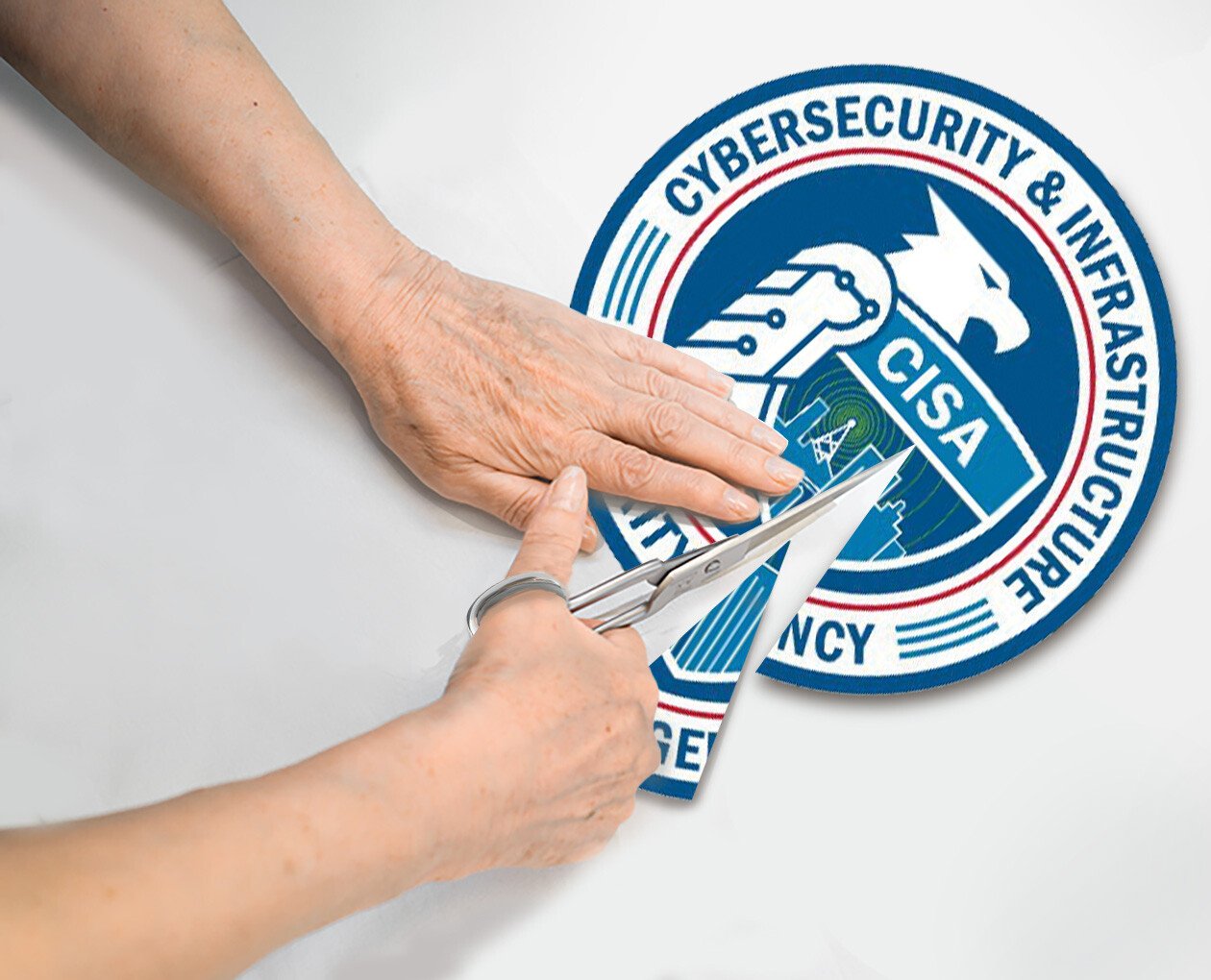The Cyber Helpline is a U.K.-registered charity and a movement by the cybersecurity industry that supports individuals and sole traders who have been impacted by cybercrime and online harm through a 24/7 self-help service and a confidential helpline that links service users with cybersecurity professionals who can help them understand, report, recover, and learn from the incident.
Why was The Cyber Helpline created?
The Cyber Helpline was created to fill the gap in support for victims and survivors of cybercrime and online harm. Everyone should have access to free, expert cybersecurity help when they need it, and it is our mission to make this happen.
We also recognized that there were few opportunities for individuals working in cybersecurity to volunteer their skills but that there was a demand for a place to volunteer. The Cyber Helpline also aims to provide a safe and meaningful place for cybersecurity professionals and
enthusiasts alike to gain valuable skills and experiences and bridge the gap in the shortage of cyber skills.
What (if any) is the difference between 'cybersecurity threats' and the term 'cybercrime'?
Cybersecurity often focuses on the threats facing organizations, whereas cybercrime usually refers to threats facing individuals and families. The technical skills needed to support organizations and individuals are very similar, and the cybersecurity industry is in a great position to fill the gap in support that individuals face. However, cybercrime against individuals has different consequences; the impact is on victims' health, physical safety, and day-to-day lives, so safeguarding is always at the heart of supporting individuals; it is not always about financial loss, and this is the main thing that makes individuals and organizations different. We ensure that our volunteers have the technical skills, but we equip them with the knowledge to use them safely and with safeguarding and privacy in mind when working with individuals.
Why is The Cyber Helpline coming to the United States?
Over 14,000 people in the U.S. have accessed our web guides in the last three months alone, and 1,237 have opened a case with our chatbot. This is a lot of demand without us even starting to advertise to the U.S. market; we know that our service is needed and that nothing like it exists in the U.S. right now. We are just scratching the surface, with the FBI's Internet Crime Complaint Center (IC3) receiving 800,000 reports of cybercrime last year, but this is only those that have reported the crime; the number is likely to be closer to 5.6 million in the U.S. alone.
Over the past five years, many U.S.-based cybersecurity experts have contacted us to offer their help, as have U.S.-based cybersecurity companies. We are confident we can build the support to run our service using local resources.
What are some goals The Cyber Helpline hopes to accomplish in the U.S.?
Over the coming years, The Cyber Helpline plans to help as many victims and survivors of cybercrime and online harm as possible; we aim to help more than 2,800 people in our first year in the U.S. through our chatbot and helpline. The support will include helping them to recover from the crime, regain their online confidence, report the crime, gather evidence, and learn from their experience.
As we grow, we intend to become a voice for victims and survivors of cybercrime and online harm, ensuring that government, law enforcement, and all who come into contact with those who have been affected by cybercrime and online harm have the support that they need and deserve, and that policies and legislation change accordingly.
[RELATED: Cybercrime: How to Report and Recover]
Why did you join The Cyber Helpline?
I was studying for my undergraduate degree in Policing and Criminal Justice when I came across The Cyber Helpline as somewhere to undertake a volunteer placement and gain skills while working on my degree. The charity was in its early days, and during my placement, I found out that an online acquaintance had stalked me for at least three years. When I reported the crime, I was shocked at the law enforcement response; I spent weeks being passed between different police forces because no one knew who should be dealing with the crime. If I, someone in the middle of a degree in policing, was struggling to advocate for myself, how could someone with no knowledge of the law enforcement system or technology get support? This solidified to me that The Cyber Helpline was where I wanted to stay.
I left school when I was around 13, so I never had any qualifications in IT. However, I gained a lot of IT skills by teaching myself for my exams online and having to troubleshoot everything myself. The thought of a career in anything to do with technology never crossed my mind; in fact, I worked in the hair and beauty industries from the age of around 14 until halfway
through the pandemic. I was passionate about joining law enforcement or the prison service. My experience with cybercrime and The Cyber Helpline completely changed my life. Since joining the helpline, I gained cybersecurity knowledge from our volunteers, various courses, including a master's degree, and working on cases. I'm almost five years into my journey with The Cyber Helpline and have even been awarded One To Watch in the Most Inspiring Women in Cyber Awards.
The main difference we see in cybercrime victimization in the U.S. versus the U.K. is a slightly older age profile of victimization in the U.S. We have seen the age of service users decrease in the U.K. recently, with crimes directed towards young parents, those still living at home, or those still in education. We see that 25- to 34-year-olds are most likely to be victimized in the U.K. compared to 35-44 in the U.S. The increased sophistication of cybercrime and online harm, be it fraud, stalking or otherwise, is making younger people who have been warned their whole lives about crime but expect them to be overt and obvious are vulnerable to newer, more refined tradecrafts.
There are so many I can think of! One of the more recent that I can talk about is a case of hacking and intimate image abuse.
We received a message at 2 a.m. from a lady who had her intimate images sent to her; she had only saved them on her own Snapchat account. A large number of unknown accounts started following and messaging her, and she had no idea who they were or where the messages were from and started panicking. What if her family saw it? Would she lose her job? Where will they be posted next? She stumbled across The Cyber Helpline after looking for help in the early hours of the morning when she couldn't sleep out of fear. One of our volunteers was awake when they saw the message come through and immediately messaged her and talked her through what was happening, helping her through looking for evidence and reporting the crime to the police, which she did.
Through finding the IP address responsible for hacking the account, the police traced the device to a family friend. They discovered that the initial hacker had never shared the images and that he was creating multiple accounts to scare her into thinking that they had. He admitted to finding part of her password in a data breach and guessing the rest.
Without contacting us, she said that she would never have realized what was happening was a crime; she was worried for her family's future and income, terrified, and didn't know who to trust. She received all the answers and advice she needed to recover practically and emotionally.
Anyone passionate about supporting victims of cybercrime and who has the foundations of cybersecurity knowledge is welcome with us. We have everyone from second-year cybersecurity students to those who have retired from the industry. Everyone has a unique skill set and the opportunity to learn from others. I have seen CISOs learn new skills in malware analysis from someone who has been in the industry for less than a year. That is the beauty of The Cyber Helpline; having all of these people together, everyone has a chance to learn and has unique skills that collectively can provide the best support possible to those experiencing cybercrime and online harm.
There are so many ways that you could support us in our vision of a world where cybercriminals don't win. If you are reading this, then chances are that you are in the prime place to support us, whether through fundraising, donating, volunteering, or even spreading awareness about our work. If you would like to help, we would love to talk to you.
Learn more and contact us here: https://www.thecyberhelpline.com
~~~
Charlotte Hooper will be presenting Supporting Victims of Cybercrime: The Cyber Helpline at SecureWorld's 13th Annual St. Louis Conference and 19th Annual Dallas Conference. Register today to listen to her captivating discussion on helping victims of cybercrime.




